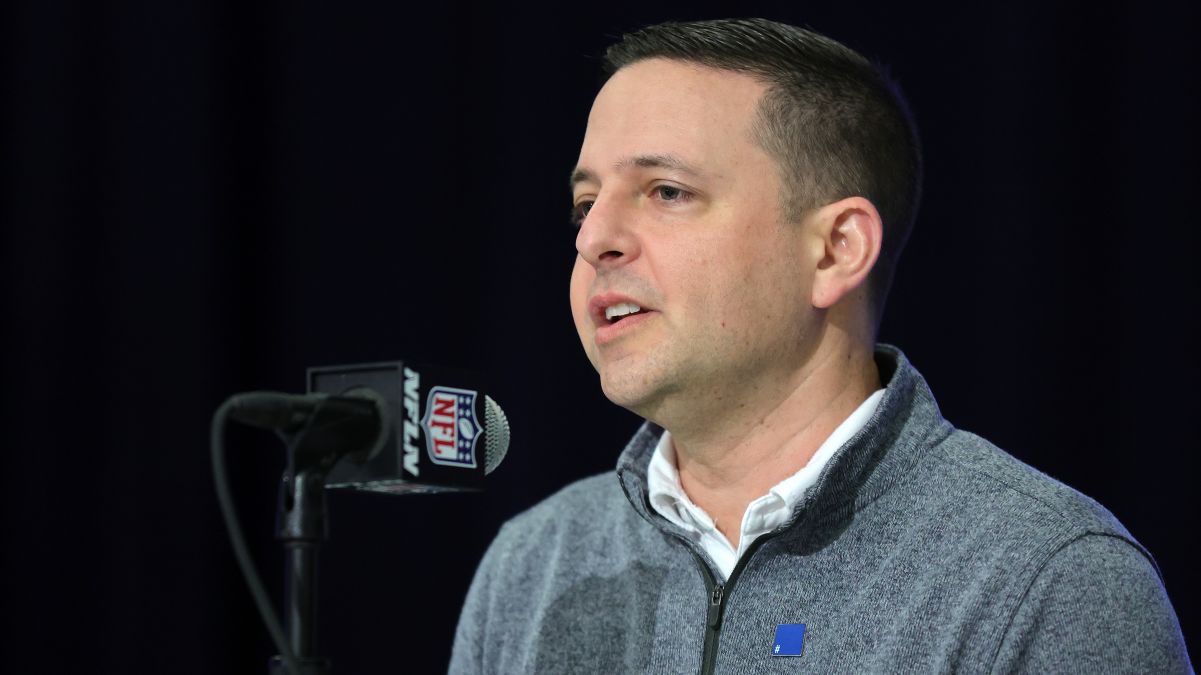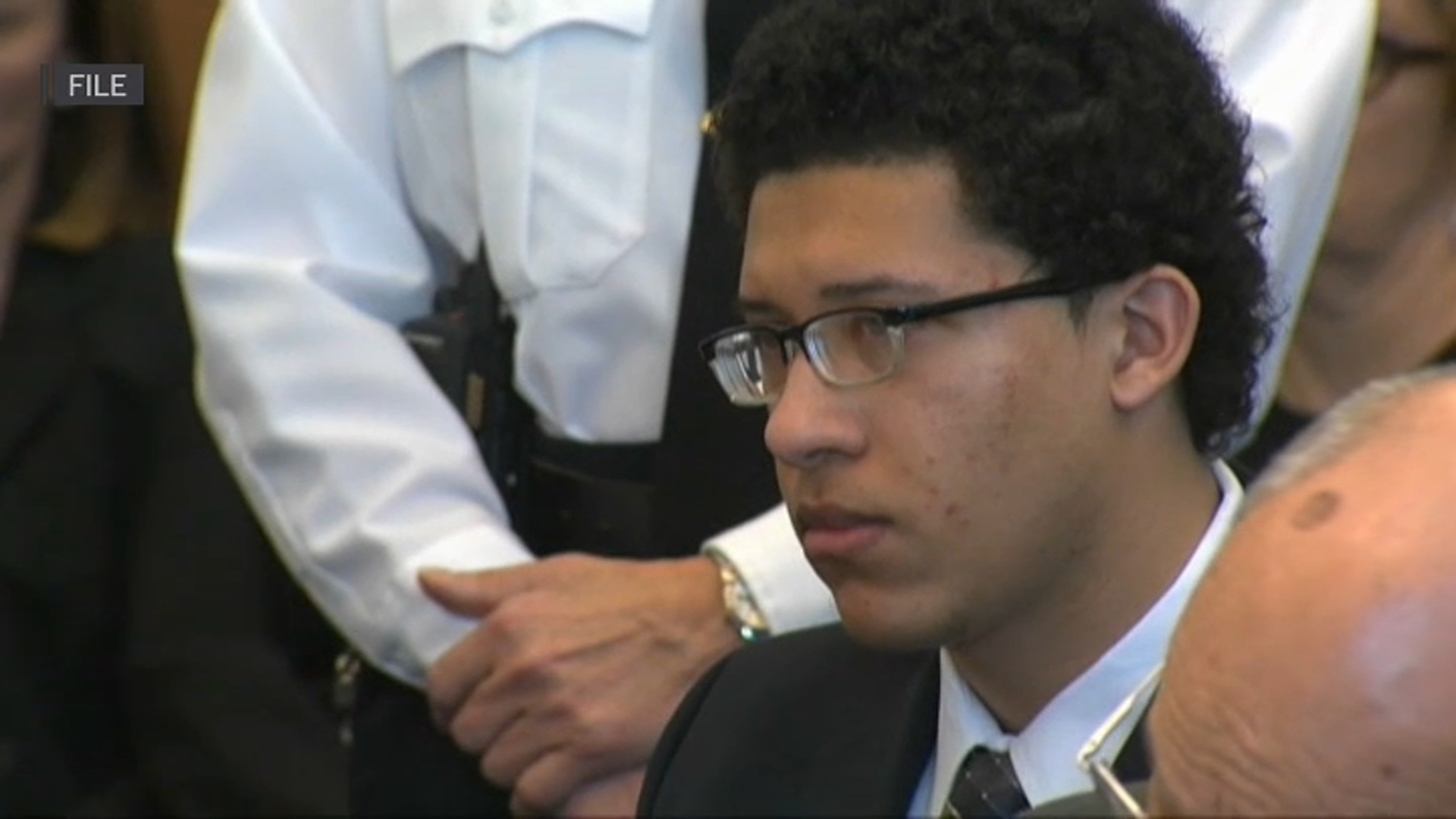More than four years after her younger brother, Michael, was shot and killed in Boston, Rep. Liz Miranda is preparing for the trial to begin next year. And if Miranda gets the chance, she plans to make clear that she opposes a life sentence without parole for the alleged murderer.
"I believe life without parole is death by another name, and I do not believe in death sentences," Miranda told her colleagues on Tuesday. "I do not believe that justice is upholding mass incarceration in our communities that perpetuates generational poverty, violence and trauma."
The Roxbury Democrat offered her own story at a Judiciary Committee hearing to drive home her case for legislation (H 1797) that would overhaul some of the most dramatic criminal punishments in the state, offering the chance for a parole hearing after 25 years of incarceration to anyone serving a life sentence, including those convicted of murder.
Miranda and co-sponsor Rep. Jay Livingstone said their bill, which has two dozen more legislators signed on as supporters, would not offer any prisoners a "free pass," but instead would create the chance for release after decades behind bars.
Get Boston local news, weather forecasts, lifestyle and entertainment stories to your inbox. Sign up for NBC Boston’s newsletters.
More than 1,000 inmates in Massachusetts are serving life sentences without parole, Miranda said, calling it "far more per capita than any other state in New England." She compared the Bay State to New York, which has almost three times as many residents and less than a third as many life-without-parole sentences.
Nearly four out of 10 of those incarcerated on life sentences in Massachusetts are more than 55 years old, according to Miranda.
"The extensive use of this extreme sentence in our state is what is unjust," she said.
Local
In-depth news coverage of the Greater Boston Area.
Other families affected by violence told lawmakers they oppose Miranda's bill, calling for those incarcerated for life on violent offenses to remain in prison. While Colleen Ritzer's murderer, Philip Chism, was sentenced to at least 40 years in prison and not a life term, Ritzer's family told the committee that they do not want the Legislature to create a route to parole for life sentences.
"My message is simple: don't do this," Tom Ritzer, Colleen's father, said. "There's no justice strong enough for someone who rapes and murders your daughter."
Several other bills before the committee for Tuesday's hearing also target Massachusetts sentencing practices, particularly for drug-related offenses.
Sentencing requirements were one focus among many in the sweeping criminal justice reform law Gov. Charlie Baker signed in 2018. That legislation eliminated some mandatory minimums for lower-level drug charges, such as first and second offenses of cocaine possession.
Some prosecutors, including Middlesex District Attorney Marian Ryan, offered praise at the time for scrapping mandatory minimum sentences involving some non-violent drug offenses.
But even since shortly after that law's passage, advocates have been calling for even broader action to repeal more mandatory minimum sentences.
"While we did make a lot of progress on eliminating the low-level drug offenses, there were a number that were left on the table," Rep. Erika Uyterhoeven, who filed one of the mandatory minimum sentence abolition bills (H 1910) before the committee, said in an interview.
Uyterhoeven said her legislation would abolish mandatory minimum sentences for charges related to the intention to create, distribute and dispense marijuana or counterfeit substances.
Mandatory minimums, she said, are a "direct legal consequence stemming from the War on Drugs" the federal government launched decades ago and carry a disproportionate impact on communities of color.
The Somerville Democrat also said the practice "ties judges' hands."
"Mandatory minimums do effectively take power away from judges and give it to prosecutors who threaten to charge defendants with crimes that could trigger a mandatory minimum," Uyterhoeven said. "No one's proposing to not charge for these offenses. We're just saying that it should be in the hands of the judge."
Rebecca Kozak, a trial attorney with the Committee for Public Counsel Services, lodged similar arguments and alleged that prosecutors use the specter of a mandatory minimum sentence to pressure defendants -- including some who are innocent -- into guilty pleas instead of trials.
Drawing on her experience as a public defender in Boston, Kozak said mandatory minimum sentences prevent judges from offering softer punishments to first-time offenders who sold drugs while grappling with addiction themselves or who were pressured into criminal activity by an abusive partner.
"If we as a society care about the presumption of innocence and a person's due process rights to a fair trial, and if we want sentencing in our criminal legal system to be just and to align with the facts of the crime actually committed and the accused person's life circumstances as opposed to just the language of a statute, if we want as a society to encourage meaningful re-entry planning and not just throwing people away, if we want to provide systems of treatment rather than disproportionately punishing people with substance use disorder, and if we as a society really believe in equal and equitable protection under the law, then mandatory minimum sentences need to go," Kozak said.



